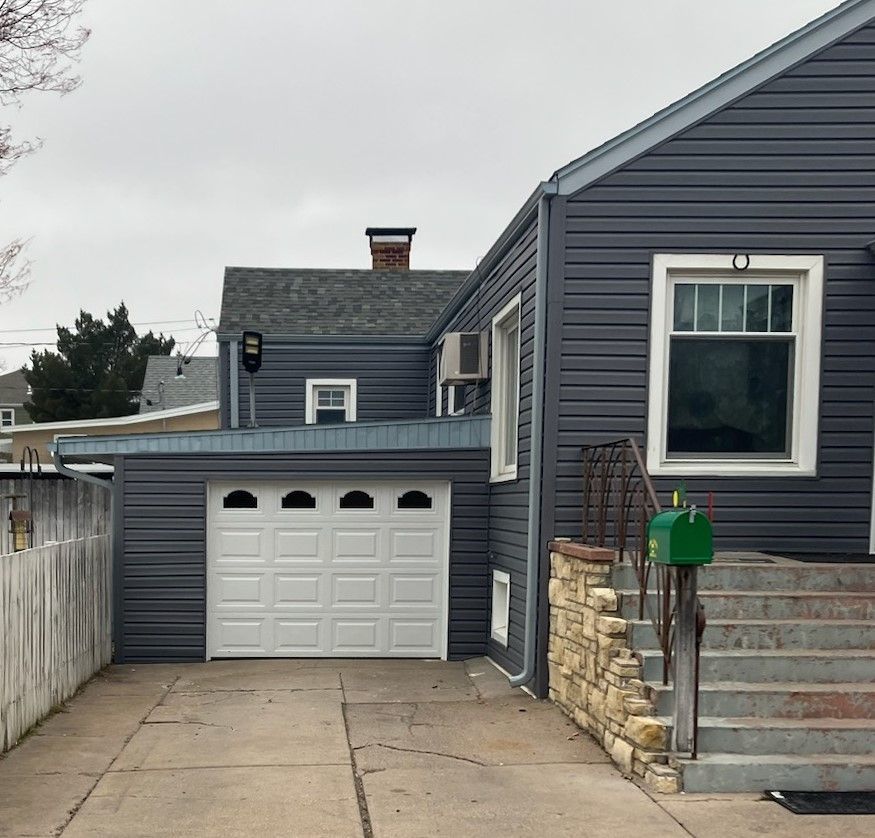Your overhead door does more than just open and close; it enhances security, boosts energy efficiency, and enhances curb appeal. But like any mechanical system, it needs maintenance. Ignoring early warning signs can lead to expensive fixes—or worse, a door that fails completely. Let’s explore the top 5 signs your overhead door might need repair and why addressing issues promptly is key.
1. Unusual Noises During Operation
Does your overhead door groan, rattle, or screech? These sounds are not just annoying—they’re a cry for help. Unusual noises can indicate issues with the door’s torsion springs, tracks, or motor. Left unchecked, these minor issues can escalate into serious breakdowns.
Delayed Garage Door Movement
If your overhead door is slow to open or close, it might be due to aging parts or problems with the system. A door that delays could pose a safety risk, especially if it fails while in use. Timely intervention can get it back to working efficiently.
Sagging: A Structural Concern
Have you noticed misaligned or drooping areas in your overhead door? This is often a sign of structural weakness or tension issues. Beyond being unattractive, sagging can compromise your door’s security and efficiency.
4. Increasing Energy Bills
A poorly sealed or damaged overhead door can cause drafts, making your HVAC system struggle to maintain temperatures. If you’ve noticed your energy bills creeping up, your garage door could be the culprit. Repairing or upgrading your door can help lower costs in the long run.
Signs of Wear and Tear
Dents, cracks, or corrosion are clear indicators that your overhead door has been through a lot. While some damage might appear minor, it can lead to bigger issues and make it more susceptible to malfunctions. Addressing these issues promptly is essential for secure operation and functionality.
